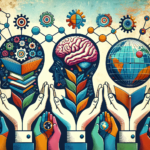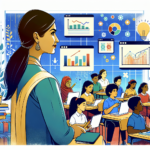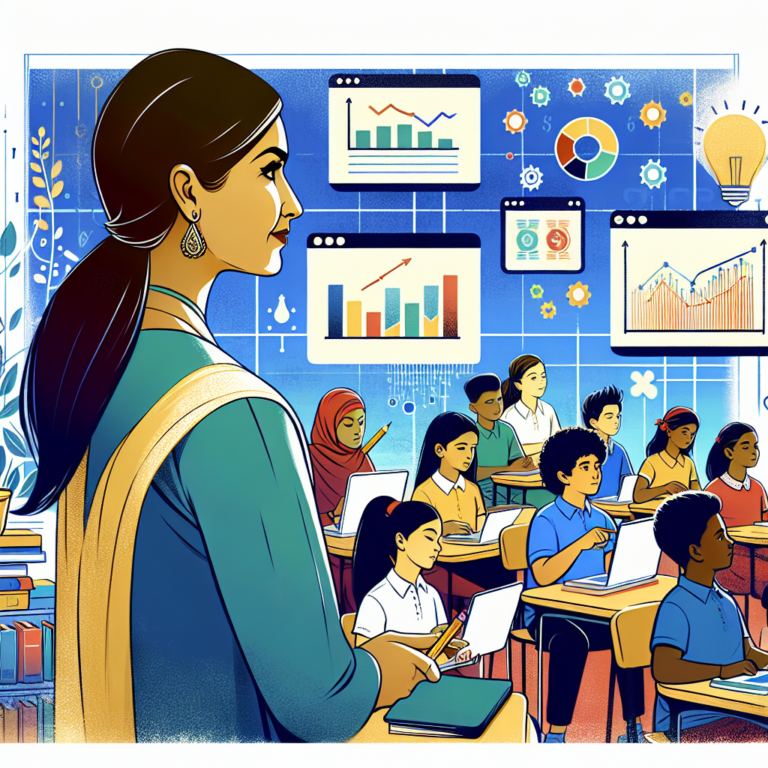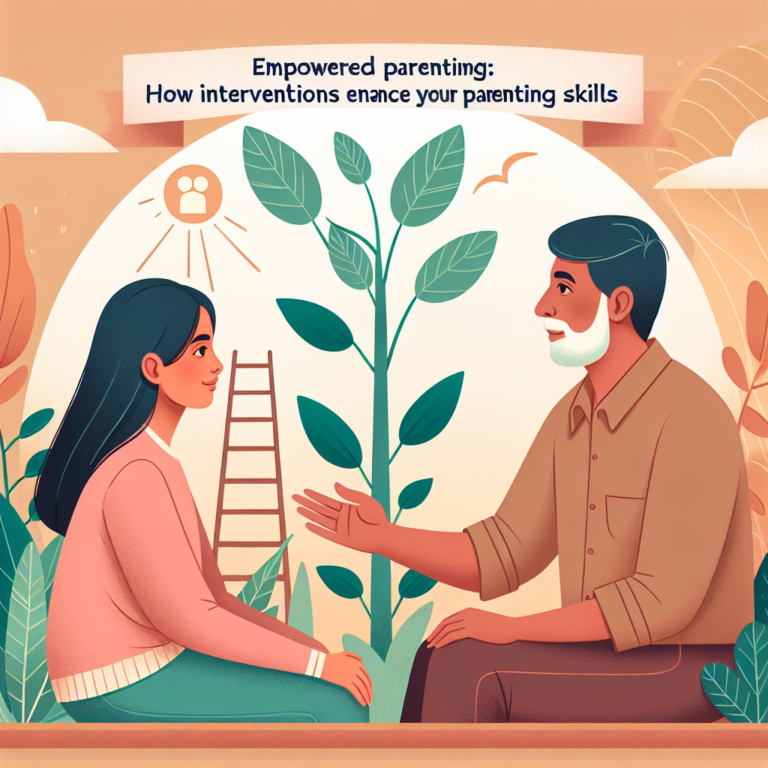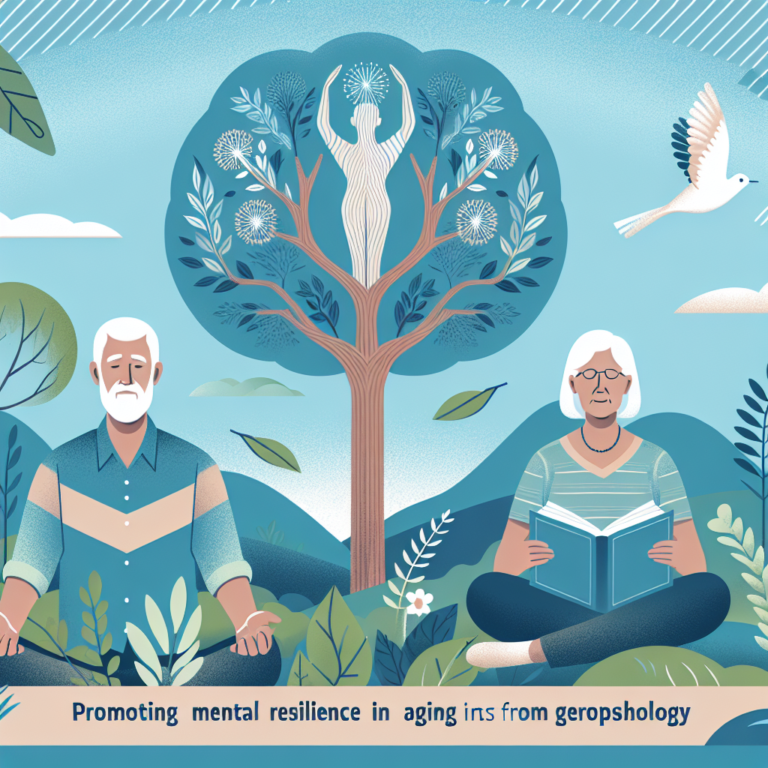
Introduction
In today’s fast-paced world, where educational pathways and career trajectories are more complex than ever, it becomes essential for students to make informed decisions about their future. Enter vocational assessment—an often-overlooked tool that can illuminate a student’s strengths, weaknesses, preferences, and potential career paths. By definitively understanding "Mapping Your Future: The Importance of Vocational Assessment for Students," we unlock a treasure trove of opportunities that can lead to fulfilling careers.
Imagine a student stepping into high school, filled with dreams but unsure of the specifics. Are they drawn to STEM, the arts, healthcare, or entrepreneurship? Vocational assessments offer clarity, helping individuals identify career aspirations aligned with their skills and values. This article delves deep into the nuances of vocational assessments, emphasizing their importance in shaping students’ futures.
Understanding Vocational Assessment
What is Vocational Assessment?
Vocational assessment entails a systematic approach to evaluating a person’s skills, interests, and aptitude concerning various career options. Unlike traditional assessments focused solely on academic proficiency, vocational assessments evaluate behavioral traits, personality, and career-related variables.
Types of Vocational Assessments
- Interest Inventories: Tools like the Holland Code (RIASEC) gauge a student’s interests and their relationship with specific career fields.
- Aptitude Tests: These assess inherent abilities, such as mechanical reasoning or abstract thinking, informing students about their potential in various jobs.
- Personality Tests: Assessments like the Myers-Briggs Type Indicator (MBTI) provide insights into how a student’s personality aligns with different work environments.
Table 1: Common Types of Vocational Assessments
| Assessment Type | Description | Example Tools |
|---|---|---|
| Interest Inventories | Measures interests and career affinities | Holland Code, O*NET |
| Aptitude Tests | Assesses natural talents and skills | Wechsler Adult Intelligence Scale |
| Personality Tests | Evaluates behavioral traits | Myers-Briggs Type Indicator (MBTI) |
The Significance of Vocational Assessments
Personalized Career Guidance
One of the most essential aspects of vocational assessment is that it tailors career guidance to the individual. A one-size-fits-all approach is ineffective. By using these assessments, educators and counselors can offer tailored suggestions for students, helping them identify paths that resonate personally.
In a case study conducted at a high school in California, a group of students underwent a series of vocational assessments. The results prompted individual meetings with career counselors, which in turn led to a 30% increase in student satisfaction in terms of career direction and goal clarity. This highlights the profound impact of personalized guidance rooted in vocational assessments.
Bridging the Skills Gap
Today’s job market often emphasizes skills over degrees. With vocational assessments, students can identify which skills they need to develop further. For instance, a student interested in graphic design may find through an assessment that they need to enhance their software proficiency. By understanding these gaps early on, students can tailor their education and training effectively.
Real-World Applications
Mapping Your Future Through Case Studies
Case Study 1: High School Implementing an Assessment Program
At a high school in Texas, educators implemented a vocational assessment program for juniors. The program included interest inventories and aptitude tests, guiding students through various career simulations.
Analysis: Following the implementation, graduation rates improved by 15%, with students feeling more equipped to enter the workforce or higher education. This case emphasizes the importance of vocational assessment in providing students with real-world skills and direction.
Case Study 2: Community College Success Story
A community college in Florida introduced a vocational assessment workshop for incoming students. Participants reported higher engagement rates and better performance during their courses.
Analysis: Students who understood their strengths and weaknesses through assessments were able to select relevant courses that aligned with their career goals, demonstrating how vocational assessments can directly influence educational achievement.
The Impact of Technology on Vocational Assessments
In the digital age, online platforms for vocational assessment have proliferated, making them accessible to wider demographics.
Digital Tools
Several online tools and apps now offer quick assessments that students can complete at home. These platforms often provide immediate feedback, helping students to jump-start their career planning even before they set foot in a counseling office.
Example: MyNextMove.org is a comprehensive site providing users the ability to explore careers based on assessments, which informs them about what skills and education are required for specific jobs. This technological integration reinforces the concept of "Mapping Your Future: The Importance of Vocational Assessment for Students."
Overcoming Common Misconceptions
Vocational Assessment is Only for Those Who Don’t Know What They Want
This is a prevalent misconception. In reality, even students with clearly defined career goals can benefit from vocational assessments. They provide additional clarity and can unveil new opportunities aligned with their evolving interest.
Assessments Are Only Useful for Technical Careers
Contrary to this belief, vocational assessments are versatile and can guide students interested in various fields, including arts, healthcare, and humanities. They help paint a holistic picture of an individual’s potential.
Creating a Collaborative Environment
Engaging Parents and Educators
For vocational assessments to be effective, parents and educators must collaborate. Workshops can inform parents about the assessment tools available, allowing for a unified approach to career planning.
Community Engagement
Local businesses can play an instrumental role in this process. By establishing partnerships with schools, these businesses can provide real-world insights into the skills and attributes they value in potential employees, guiding students and enhancing assessment relevancy.
Conclusion
In summary, Mapping Your Future: The Importance of Vocational Assessment for Students cannot be understated. These assessments provide necessary insights into students’ skills and aspirations, ensuring they can make informed decisions about their educational and career paths. As we embrace the future, students equipped with personalized vocational insights will not only navigate the career landscape effectively but will also contribute meaningfully to society.
Actionable Insights
As educators, parents, and students, we must advocate for the integration of vocational assessments in educational journeys. Encourage your school to implement these tools and engage in workshops that address career exploration effectively. The future is bright for those who are well-prepared.
FAQs
1. What is the cost of vocational assessments?
Most vocational assessments are either free or available at a nominal fee. Schools often provide them at no cost.
2. At what age should students start taking vocational assessments?
It is beneficial for students to begin assessments around middle school, but high school is often the most critical period.
3. How accurate are vocational assessments?
While they offer valuable insights, vocational assessments should be considered as one tool among many in career decision-making.
4. Do vocational assessments guarantee job placement?
No, while they provide direction and insight, actual job placement depends on various factors, including education, experience, and market conditions.
5. Can emotional intelligence be assessed vocationally?
Yes! Some assessments do incorporate elements of emotional intelligence, providing a more rounded view of a student’s attributes.
By understanding and harnessing the importance of vocational assessments, students can embark on their career journeys with confidence, clarity, and purpose. It’s time to take action and begin the mapping of your future!
